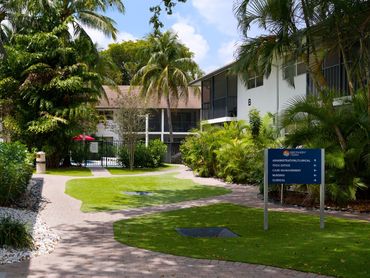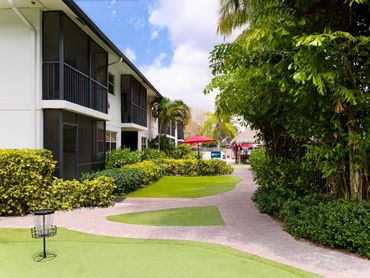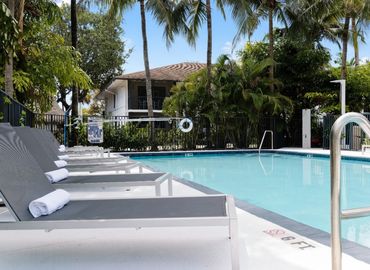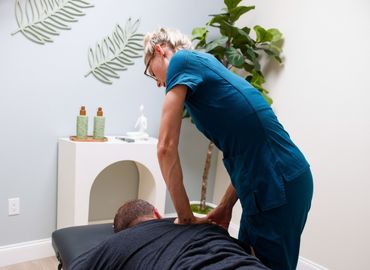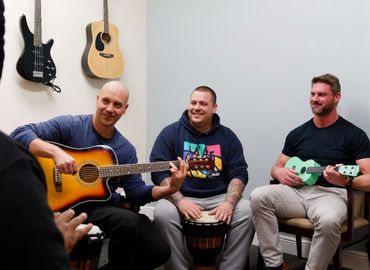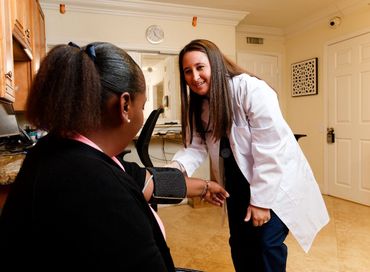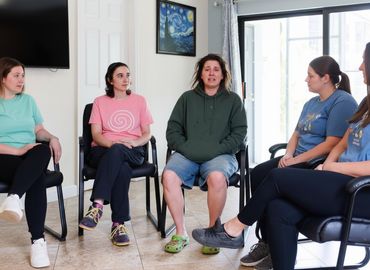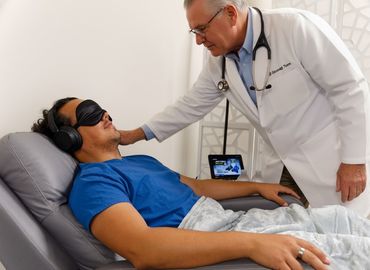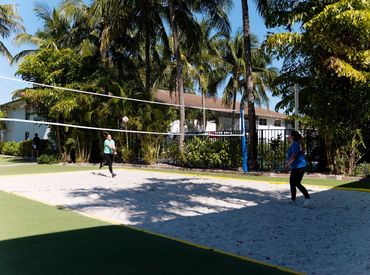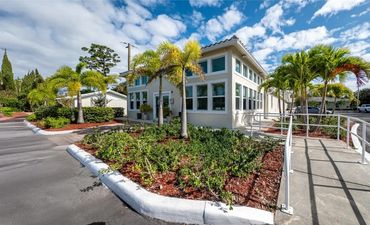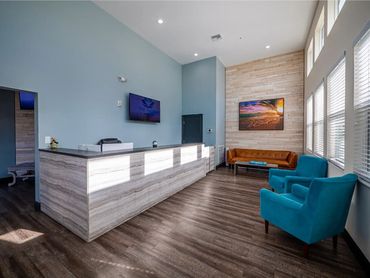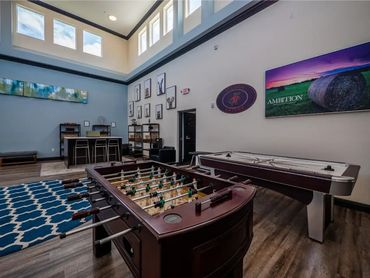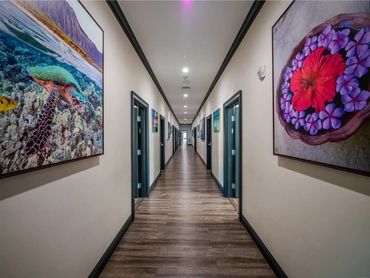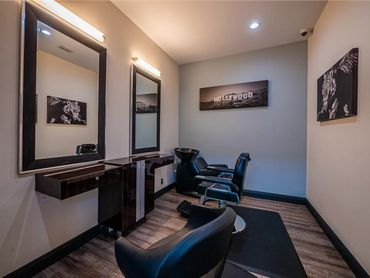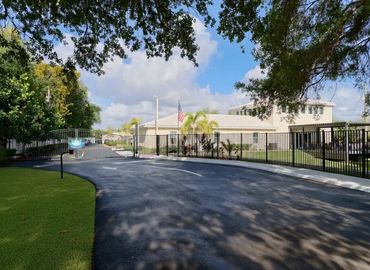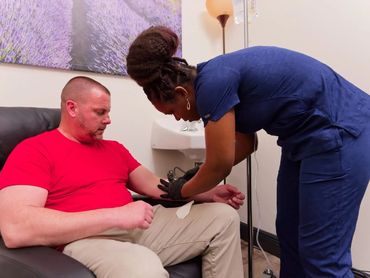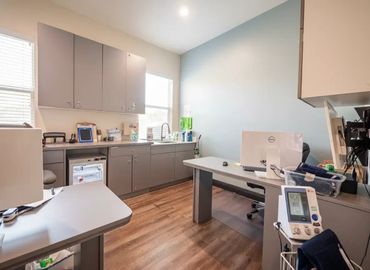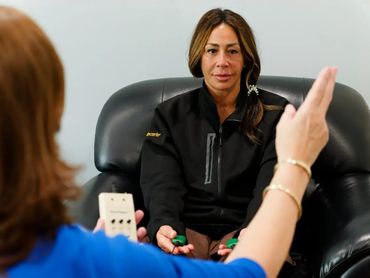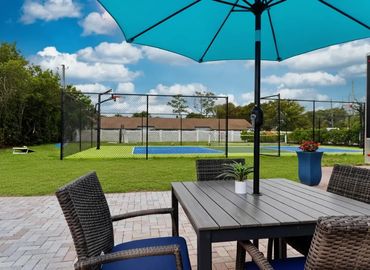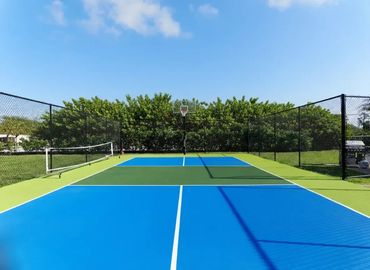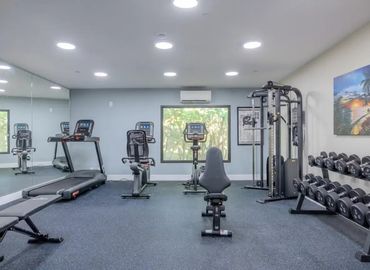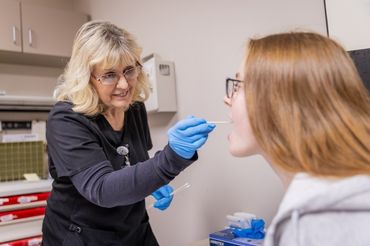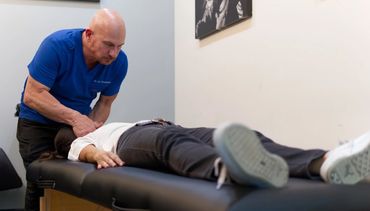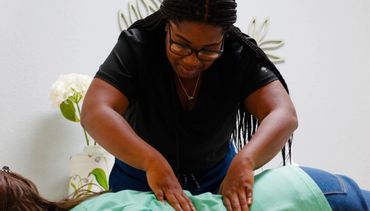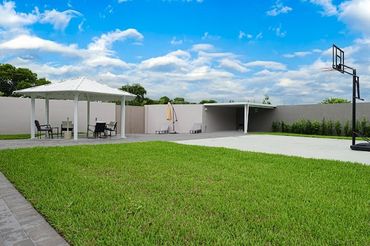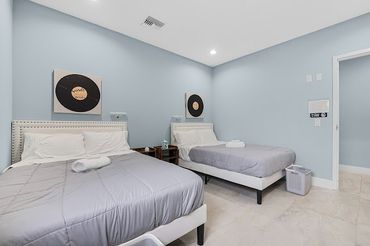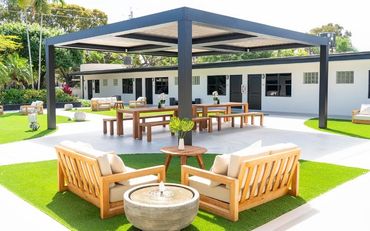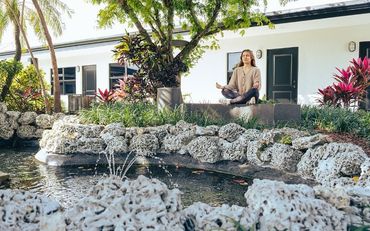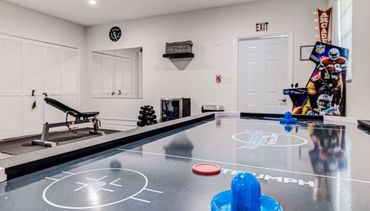
Drug & Alcohol Rehab Centers near Pompano Beach, FL
In Pompano Beach, Florida, taking the first step toward recovery from substance use disorder is crucial. However, before you begin, it’s essential to understand the many treatment and payment options available to you. This knowledge can greatly support your journey to recovery and assist you in securing treatment that is right for you.
Treatment Centers near Pompano Beach, FL
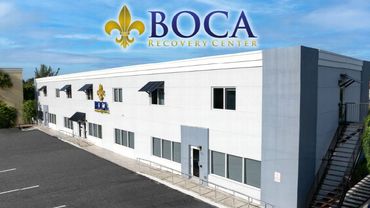
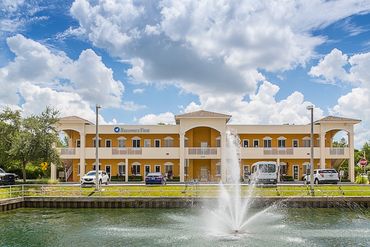
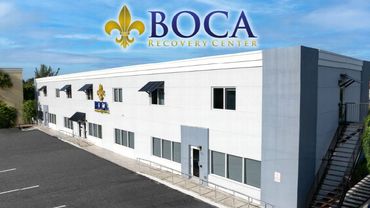
Open to Travel? Check out Top-Rated Options
All Treatment Centers near Pompano Beach, FL
Are You Covered For Treatment?
- West Palm Beach Rehabs
- Miami Rehabs
- Fort Lauderdale Rehabs
- Jacksonville Rehabs
- Delray Beach Rehabs
- Tampa Rehabs
- Orlando Rehabs
- Fort Myers Rehabs
- Sarasota Rehabs
Information About Rehab in Pompano Beach
Latest Reviews
Latest Reviews of Rehabs in Florida
1st Step Behavioral Health
The staff caring. My daughter was in several and this is by far the best caring and effective facility.
Banyan Pompano
I owe Banyan my life because if it wasn\'t for them, I would be buried in the ground by now. I highly recommend going to Banyan whether this is your first attempt at sobriety or even if you have attempted sobriety many times before.
Area Information
Pompano Beach, Florida, nestled along the southeastern coast of the Sunshine State, is a vibrant coastal city renowned for its beautiful beaches and warm, tropical climate. With a population of around 112,000 residents,1 Pompano Beach combines a small-town charm with the amenities of a thriving urban center. The city’s stunning shoreline, featuring miles of pristine sandy beaches and crystal-clear waters, is a major attraction for both residents and tourists alike.
Pompano Beach is also home to a rich cultural scene, with art galleries, cultural events, and a burgeoning culinary landscape. Additionally, its proximity to major metropolitan areas like Miami and Fort Lauderdale offers residents a convenient gateway to a wide array of entertainment and employment opportunities. With its unique blend of natural beauty and urban allure, Pompano Beach continues to be a popular destination for those seeking the quintessential South Florida lifestyle.
Substance Misuse and Addiction in Pompano Beach, Florida
Florida grapples with a severe drug addiction crisis. In 2020, while overdose deaths surged nearly 30% nationwide, Florida experienced an even more distressing increase of over 37%, resulting in a staggering 7,579 reported overdose deaths.2 This unfortunate trend places Florida as the second-highest state in the nation for overdose deaths, trailing only California.2
Drug and Alcohol Rehab
Rehabilitation provides a wide range of approaches and resources to address addiction, guiding individuals on their path to recovery. These services encompass various strategies, including medical support and therapeutic interventions, tailored to each person’s unique needs. With personalized care at its core, rehabilitation centers offer a comprehensive journey towards a healthier, addiction-free life.
What Happens in Drug and Alcohol Rehab?
Rehabilitation involves multiple stages of care to address addiction, including detox, inpatient, outpatient, and aftercare. Each stage is designed to cater to the individual’s specific needs on their unique journey to recovery.
Detox Programs
Detoxification programs, often the initial step in addiction treatment, provide vital medical monitoring and support. These programs are designed to ensure the safe and supervised withdrawal from substances. In some cases, medications are administered as part of the treatment to alleviate the discomfort and symptoms of withdrawal, making the process more manageable and safer. This medical supervision not only addresses immediate health concerns but also lays a solid foundation for a smoother transition into the subsequent stages of rehabilitation, emphasizing the importance of a holistic approach to recovery.
How Long Is Detox in Rehab?
The duration of detoxification typically ranges from 3 to 7 days, but it can vary significantly based on several factors. These factors include the type and quantity of substances used, an individual’s overall health, and how they respond to withdrawal symptoms. For more severe or complex cases, detox may extend beyond this range, highlighting the importance of personalized care and flexibility in addiction treatment.
Inpatient Drug and Alcohol Rehab
Inpatient drug and alcohol rehab programs provide individuals with a structured and supportive environment in which they reside for the duration of treatment. Typically, inpatient drug rehab programs are offered in 30-day increments, as this duration is the most popular choice for many individuals. However, treatment duration can vary based on the severity of the addiction and an individual’s progress. In some cases, extended programs lasting 60 or 90 days may be recommended to provide more comprehensive support and enhance the chances of lasting recovery.
Therapy plays a central role in keeping patients on track with their healing process. Through both individual and group therapy sessions, patients can delve into the underlying causes of their addiction, develop critical coping strategies, and acquire essential life skills necessary for a substance-free future. Inpatient drug rehab also utilizes various evidence-based therapies to address any co-occurring disorders that may be present. This integrated approach ensures that individuals receive comprehensive care for both their addiction and any underlying mental health issues, which is essential for long-term recovery.
Outpatient Drug and Alcohol Rehab
Outpatient rehab programs provide individuals with the flexibility to continue living at home while they attend scheduled therapy sessions, counseling, and educational workshops. These programs place a significant emphasis on teaching essential tools for aftercare and relapse prevention, empowering individuals to sustain their sobriety long after the formal treatment phase concludes.
The beauty of outpatient drug rehab lies in its adaptability, offering different levels of intensity to suit diverse needs, making it a valuable option for those transitioning from inpatient treatment and individuals with milder addiction concerns. By focusing on skill-building and relapse prevention, drug and alcohol outpatient rehab equips individuals with the necessary resources for lasting recovery while allowing them to maintain their daily responsibilities and support networks.
How Much Does Rehab Cost?
Paying for rehab can be overwhelming. However, it’s important to know that financial concerns shouldn’t discourage individuals from seeking help, as there are various options available to help cover the costs of treatment and ensure that help is accessible. Some options include:
- Payment Plans
- Government Grants and Scholarships
- Free Rehab
- State-Funded Rehab
Does Insurance Cover Drug and Alcohol Rehab?
Drug and alcohol rehab insurance is designed to alleviate some of the financial burden associated with addiction treatment. Most insurance plans do cover at least a portion of rehab costs, making it more accessible to individuals seeking help for their recovery. Popular insurance providers include, but are not limited to:
Finding The Best Rehab Center
Pompano Beach, Florida Drug and Alcohol Rehab Facilities
Our rehab locator tool is a valuable resource for individuals seeking treatment within their state, providing an easy way to discover nearby facilities. While staying in-state can be an option, it’s often advisable to consider out-of-state treatment as it can help reduce distractions and offer a fresh start. Our locator tool can guide individuals in finding the most suitable treatment facility, whether it’s within Florida or elsewhere, ensuring they receive the best care tailored to their unique needs and recovery goals.
Sources
- United States Census Bureau. Pompano Beach, Florida. July 1, 2022.
- Centers for Disease Control and Prevention. Provisional Drug Overdose Death Counts.
